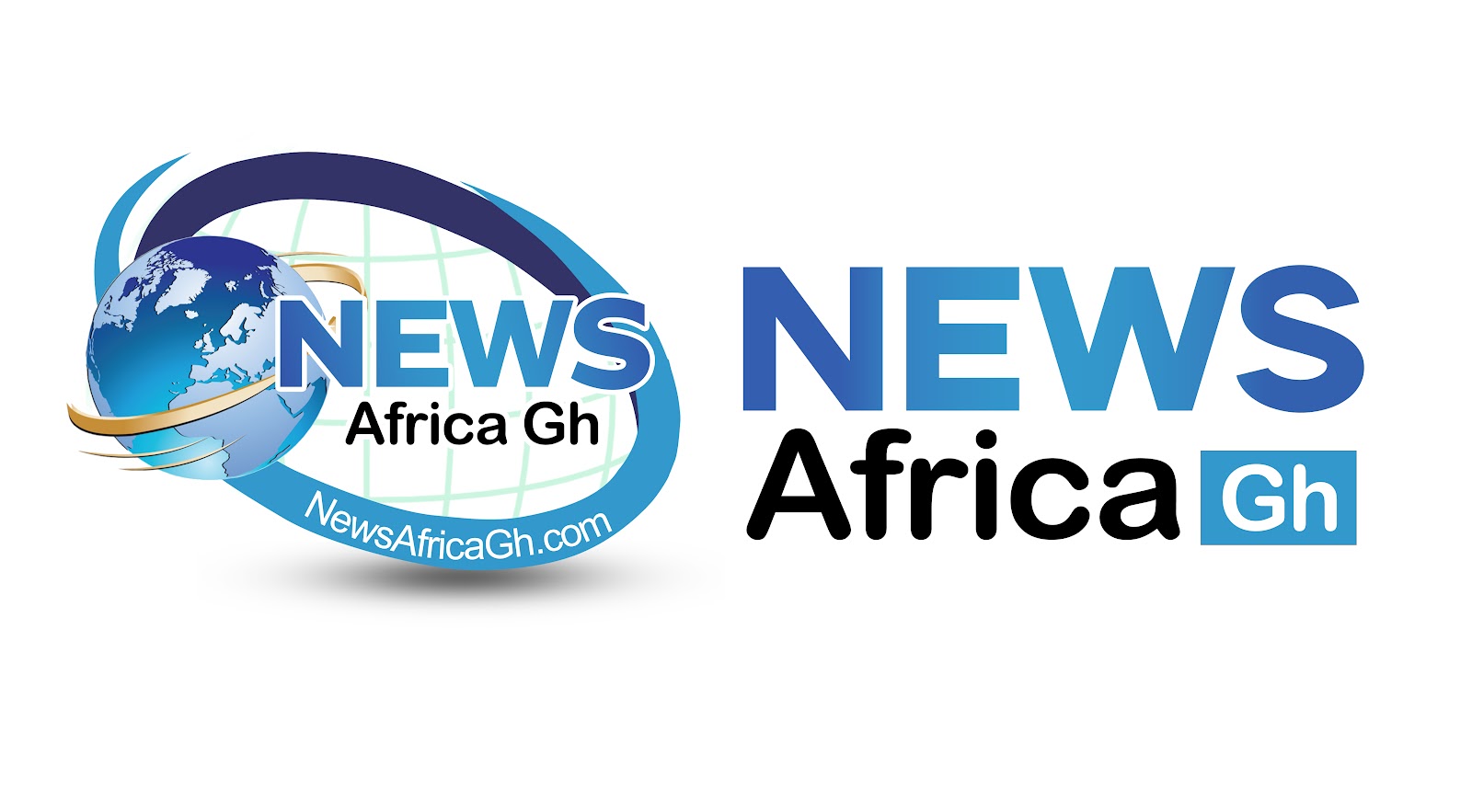The World Bank is threatening to cancel loans earmarked in Ghana over the passing of the controversial Anti-LGBTQI+ Bill, known formally as the Human Sexual Rights and Ghanaian Family Values Bill 2024.
The Bretton Woods institution, whose funding this year is seen as critical to sustaining Ghana’s programme with its sister body the International Monetary Fund, has raised “concerns over the potential impact of the Promotion of Proper Human Sexual Rights and Ghanaian Family Values Bill on the implementation of World Bank projects and activities in Ghana”.
Parliament is expected to consider at least three major facilities from the World Bank worth at least $850 million. A withdrawal of these loans could jeopardise the entire IMF programme and the related debt restructuring programmes.
There is grave concern what the implications of this could be for Ghana’s economic recovery effort, with signs of business confidence returning and fresh recruitment staging a comeback. Already the cedi is feeling the shakes, experiencing depreciation against all major currencies on Friday.
World Bank letter
Correspondence seen by Asaase News shows that the World Bank began to issue warnings during the debate stages of the bill.
In August 2023 the World Bank referred Ghana to a similar decision it took that month to cancel new loans to Uganda over the East African country’s harsh new anti-gay law. Interestingly, analysts have described Ghana’s “Human Sexual Rights and Family Values Bill” as even harsher.
The much-criticised bill which was passed last week in Ghana was by way of a private member’s bill, sponsored by eight members of Parliament in January 2021, and passed only last week.
In one of the letters, signed by Pierre Laporte, the World Bank country director for Ghana, Liberia and Sierra Leone, and addressed to the Government of Ghana, the Bank warned that it was likely to adopt the same hardline position it took with Uganda last year when its parliament passed the Anti-Homosexuality Act.
“World Bank Group reiterates its deep commitment to supporting Ghana in achieving its development goals while ensuring that in the implementation of World Bank projects no beneficiaries are impeded from sharing in any development benefits on the grounds of their age, gender, ethnicity, religion, physical, mental or other disability, social, civic or health status, sexual orientation, gender identity, indigenous heritage, or economic status,” Laporte wrote.
The Ugandan position
In August 2023, the World Bank declared that it would halt new lending to the Ugandan government after concluding that its anti-LGBTQ law, which had been condemned by many countries and the United Nations, contradicts the Bank’s values.
“No new public financing to Uganda will be presented to our Board of Executive Directors until the efficacy of the additional measures has been tested,” said the World Bank in an 8 August 2023 letter to Ugandan government officials which was captured by Reuters.
“Uganda’s Anti-Homosexuality Act fundamentally contradicts the World Bank Group’s values. We believe our vision to eradicate poverty on a liveable planet can only succeed if it includes everyone, irrespective of race, gender or sexuality,” the World Bank stressed.
Unlike Ghana, Uganda is not under an IMF programme. Currently before Ghanas Parliament is a $300 million World Bank loan. The fate of that facility is still hanging as the country awaits the last step in the legislative process of Ghana’s Anti-LGBTQI+ Bill – presidential assent.
Sources at Jubilee House said that Parliament was yet to present the bill there.
Credit: Asaaseradio.com

